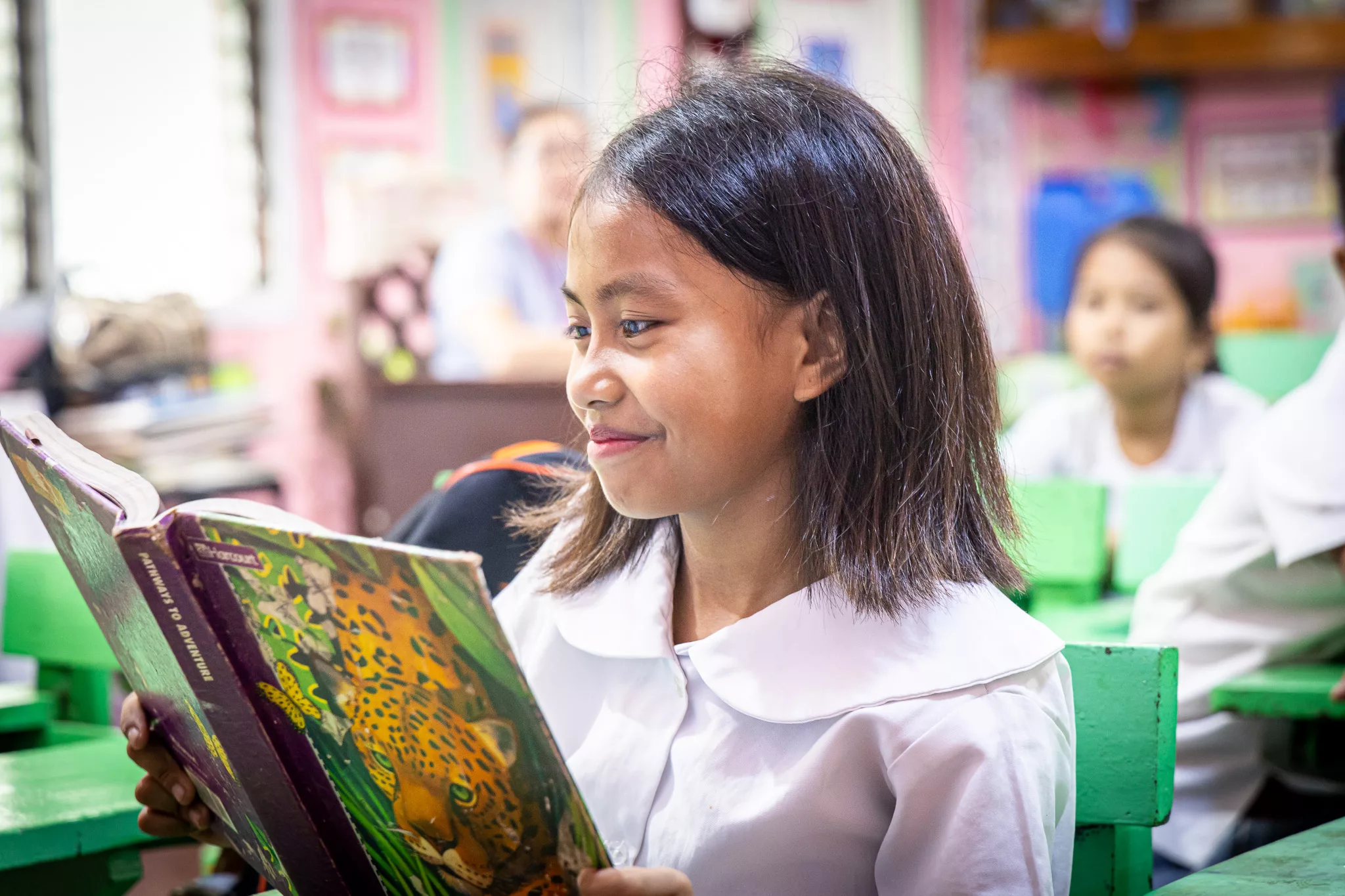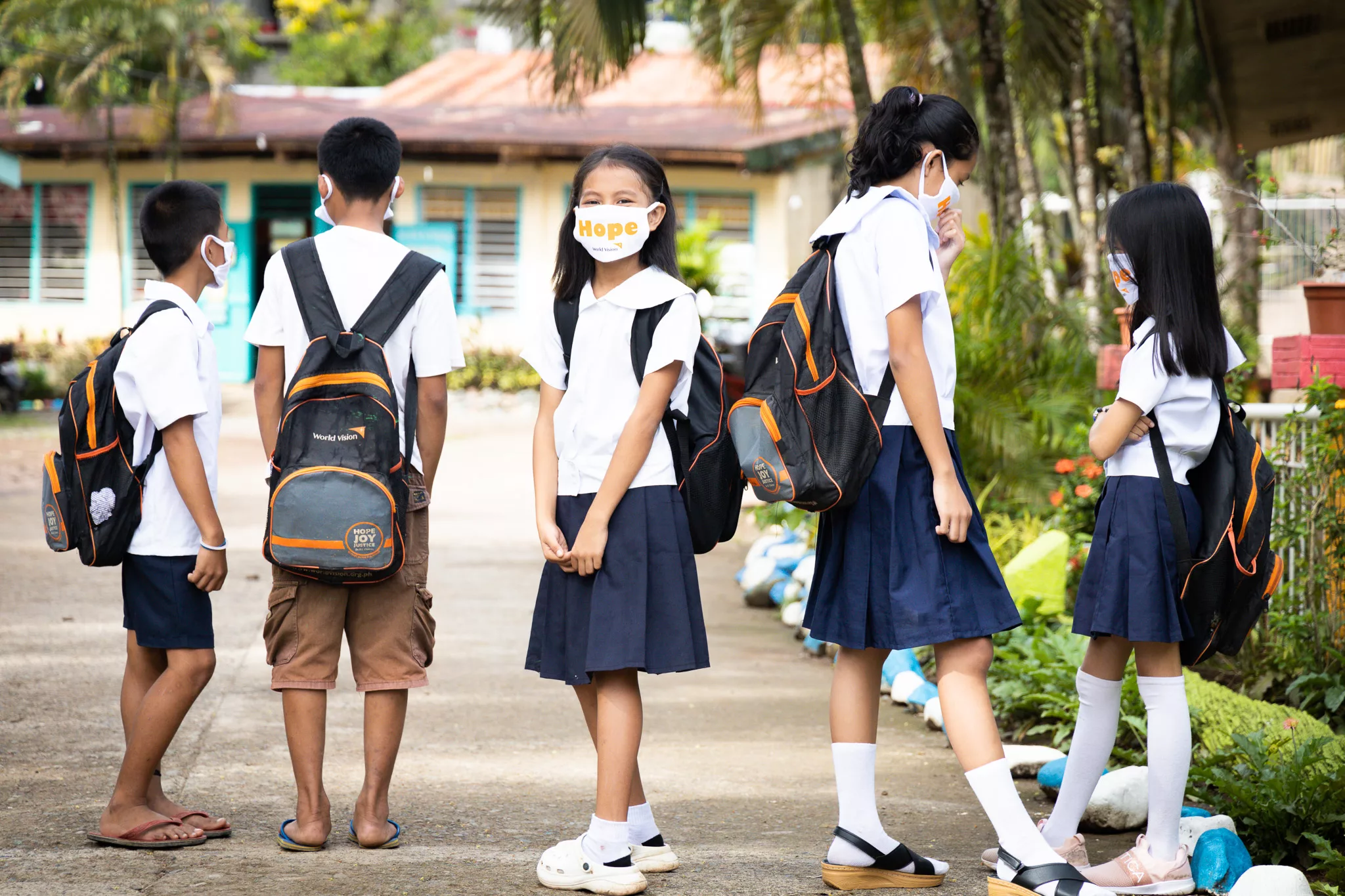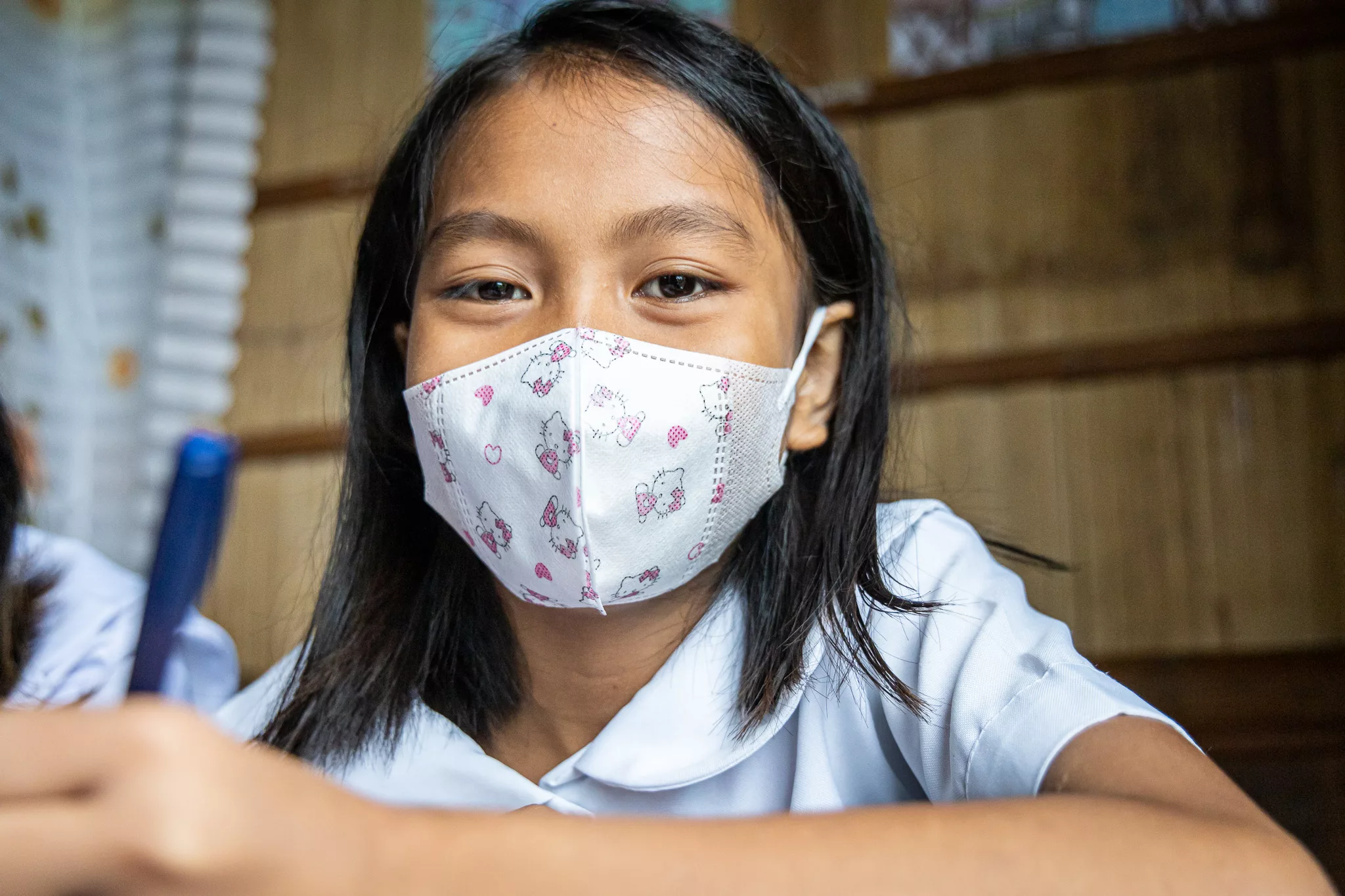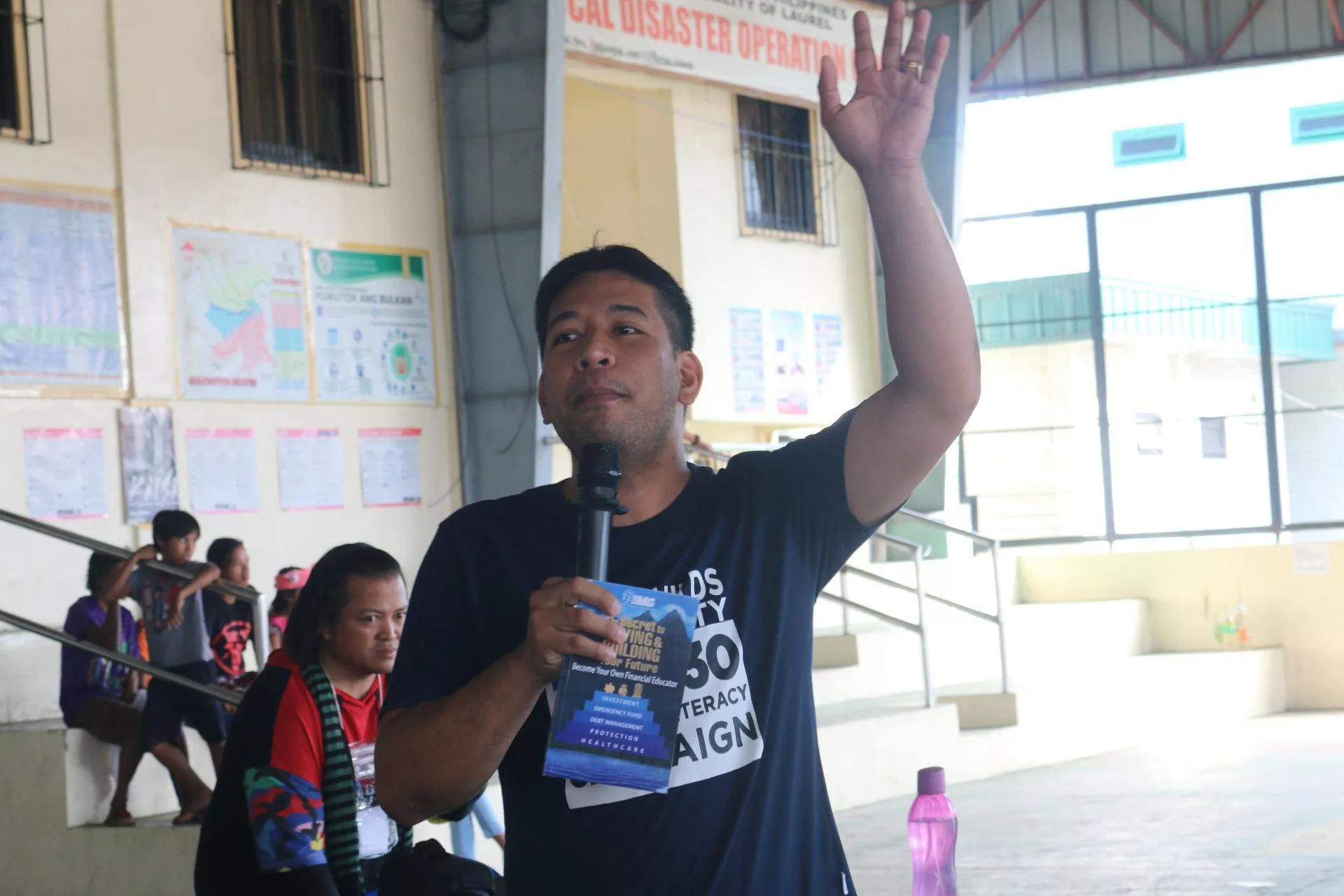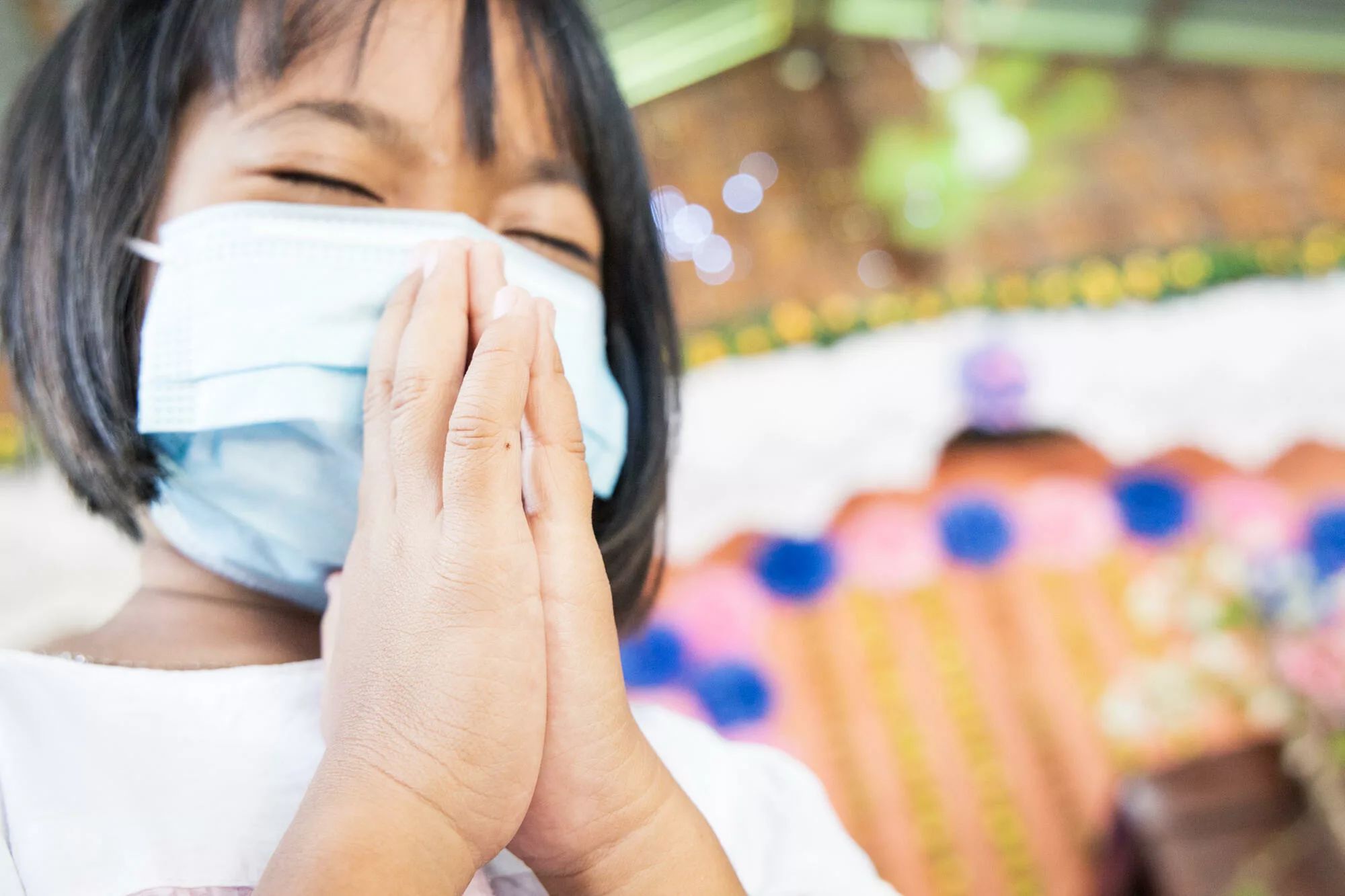More help is needed for quake-affected families
While World Vision has already reached close to 1000-quake affected families with relief items, the need is still massive.
We were able to reach a village in Tulunan, Cotabato, the epicenter of the earthquake. The area is about an hour from the town proper and we had to pass through landslide-prone areas. Awaiting in the school where children and their families from the B’laan tribe.
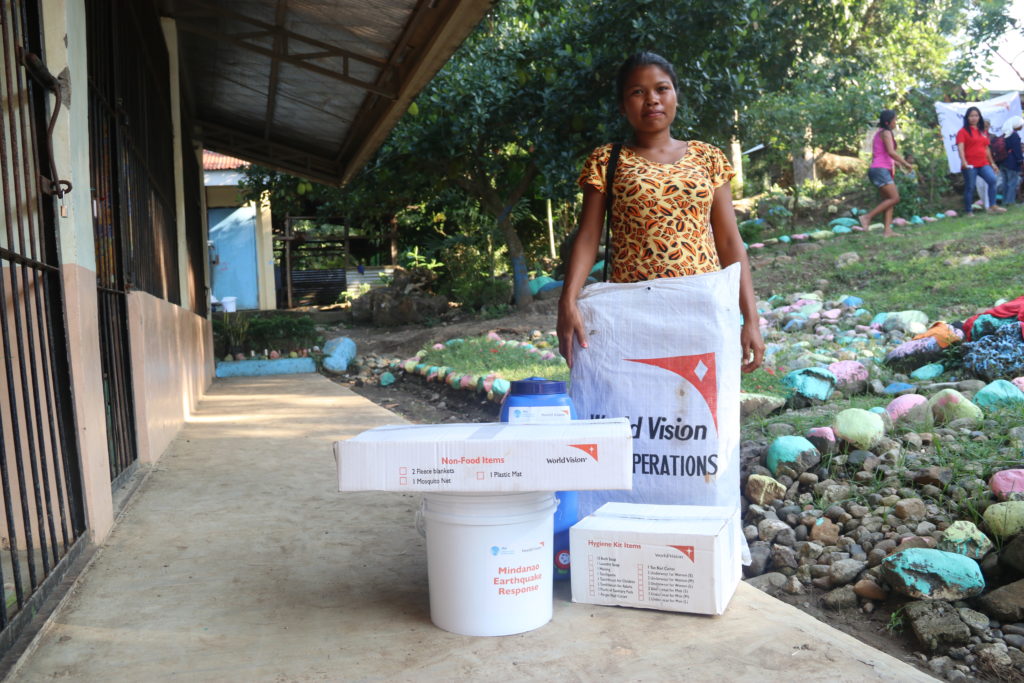
Analiza, another B’laan from a different sitio shares, “We have no choice but to do this. Most of us are farmworkers but these farms were also damaged not only by the quake but by the landslides. It’s not easy.”
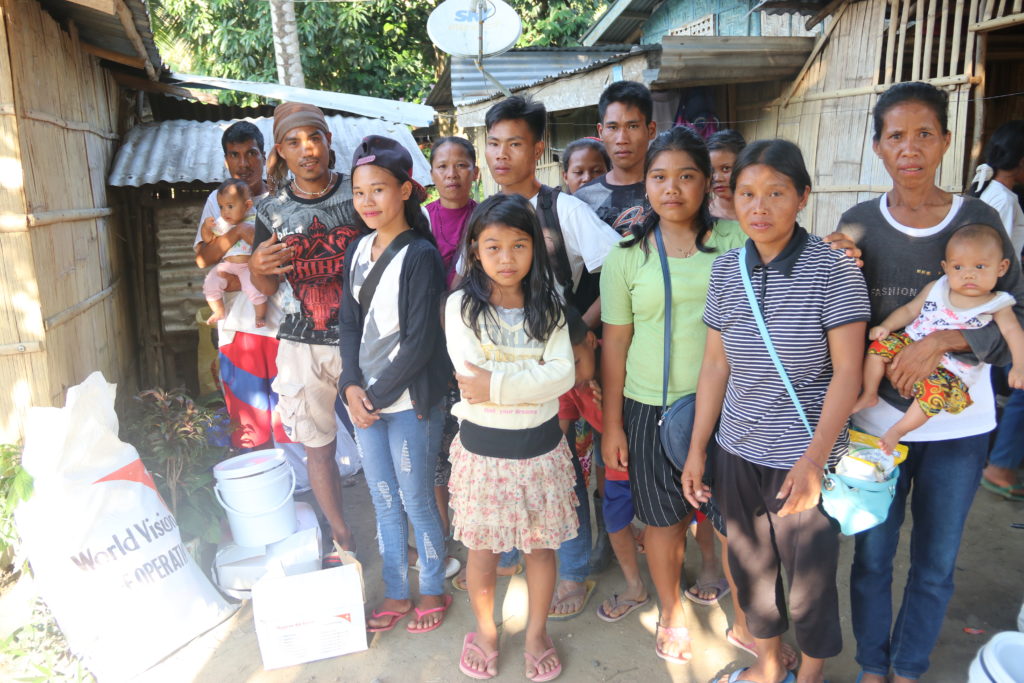
Most of the parents I’ve talked to shared their struggles to keep their children protected, especially this rainy season. A tarp (4x6m) for example costs around Php500, an amount the families do not have at the moment. Water supply was also affected by the quake, forcing some families, especially those in the hard-to-reach places, to drink whatever is available just to quench the thirst.
Children, on the other hand, still feel distressed because of their experience in the past weeks and also because of aftershocks. On our way to Tulunan, there was a 4.1 magnitude quake with a shallow depth of 12kms. The night before that, there was another aftershock. We can only pray for safety and for covering for the children in tents, probably clinging to their parents, in fear of another massive ground shaking. Phivolcs said that there could probably be more aftershocks until Christmas.
Through generous donors and sponsors, World Vision was able to reach out to some of these families. At least two tarps (4×6 meters each) with rope were provided, including a clean water kit that contains jerry can, pail, filtering cloth and box water purifier packets enough to purify 2400 liters of water. World Vision also distributed hygiene kits (laundry and bath soaps, toothbrushes, toothpaste, undergarments, malong, nail cutters, sanitary napkin) and non-food items (blanket, plastic mat, mosquito net).
“These are heavy stuff but I don’t mind walking for two hours with all these. I will go back with many things to bring for my children,” smiles Analiza.
It’s encouraging to see people all over the country doing what they can to help and we need more of that. There are other areas, those not in the news, who are still waiting for help. The disaster risk reduction and management council said that there are close to 30,000 families across quake-affected provinces whose houses were totally destroyed. It means children not having a house to go home to until their parents are able to bounce back and rebuild. It means thousands of children living in tents that are not enough to protect them from heavy rains. This also means thousands of children exposed to further distress, if not given immediate psychosocial support. There are many of them still.
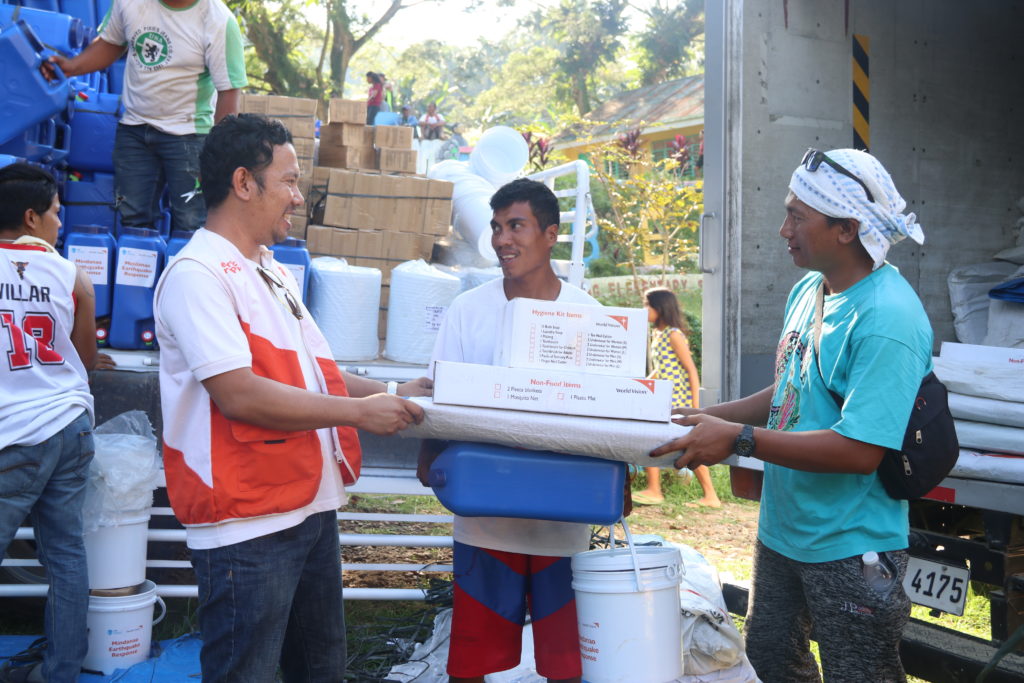
Written by Joy Maluyo/ Published November 13, 2019



